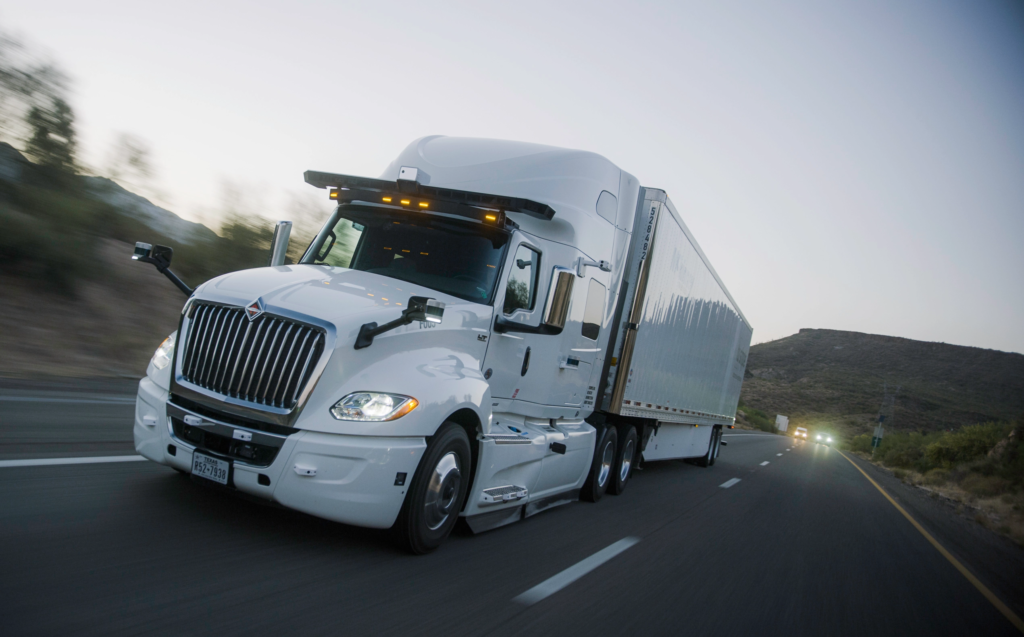The FMCSA has recently proposed new rules for operating driverless trucks in the US, aimed at boosting their safety and efficiency on roads and highways.
Self-driving or driverless vehicles, utilize cutting-edge technology such as cameras, sensors, and GPS to drive without human control. They hold great promise for transforming the transportation sector by delivering cost benefits and boosting efficiency. However, their safety and regulation raise concerns, which the FMCSA aims to tackle with its proposed requirements.
The FMCSA’s proposed requirements aim to address the risks of driverless trucks and ensure their safe integration into transportation. They include:
- Regulations for the design and construction of the vehicles to guarantee safe operation.
- Standards for cybersecurity to guard against hacking and other security threats.
- Rules for operating and maintaining autonomous trucks.
- Requirements for personnel training and certification involved in operating these vehicles.
- Guidelines for testing and deploying driverless trucks on public roads.
Autonomous trucks not only increase efficiency and cut costs, but also offer several benefits to the transportation industry and society:
- Alleviating traffic congestion and cutting down travel time.
- Enhancing road safety by eliminating human error.
- Improving accessibility for non-drivers, such as the elderly and disabled.
- Boosting efficiency in transporting goods and materials.
Growth + Change = Opportunity!

